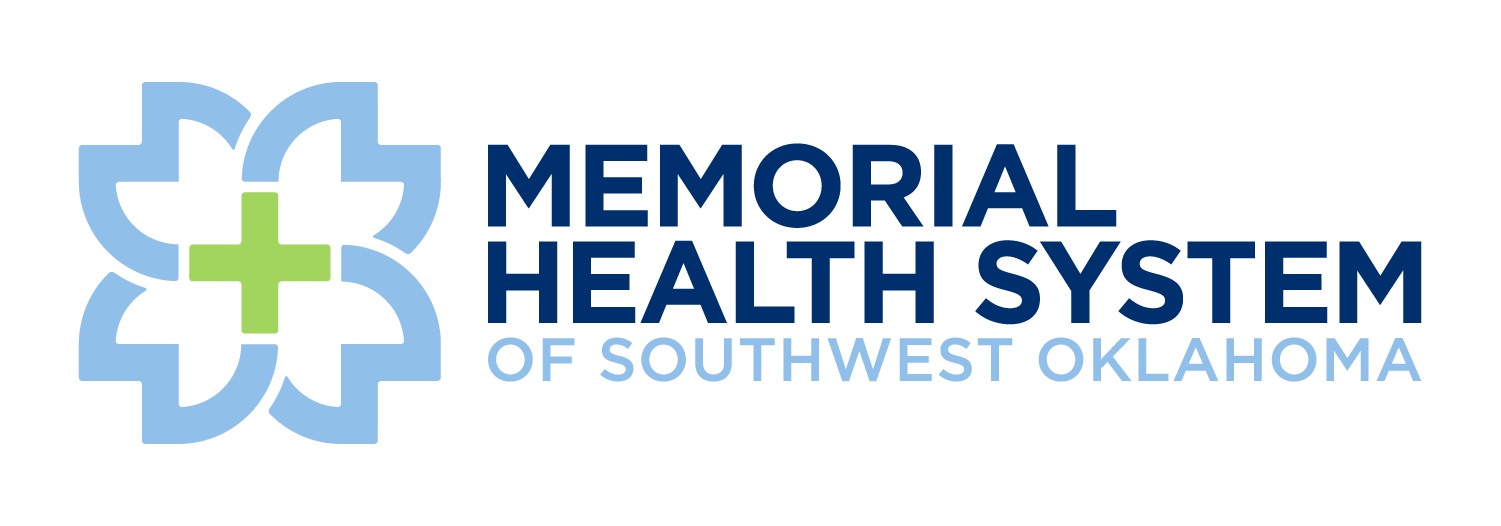During September, we recognize Healthy Aging Month to promote ways people can stay healthy as they age. Aging is a natural part of life, and with a little extra care and attention, it can be a beautiful journey filled with joy, vitality, and wisdom. Our goal is to empower and support you on this path by providing you with a healthy aging checklist to maintain a vibrant and fulfilling life as you grow older.
The Value of Exercise
When it comes to healthy aging, maintaining physical health becomes increasingly important. Engaging in regular physical activity can help older adults maintain strong muscles and bones, improve balance and flexibility, and increase overall endurance. Additionally, exercise promotes better sleep quality, which is crucial for maintaining a healthy mind and body. By incorporating regular exercise into their daily routines, older adults can enhance their physical health and enjoy the benefits of a more active and fulfilling lifestyle.
Engaging in moderate-intensity aerobic exercise, such as brisk walking or swimming, strengthens the heart, lowers blood pressure, and increases lung capacity. It also plays a crucial role in managing chronic conditions that can impact older individuals. Regular physical activity has been shown to help prevent and manage conditions such as diabetes, arthritis, and osteoporosis.
Similarly, strength training is an important activity for seniors to incorporate into their physical health routines. Not only does it help maintain muscle mass, balance, and bone density, but it also improves functional abilities and reduces the risk of falls. Additionally, resistance training can even alleviate symptoms associated with chronic diseases that many seniors face. Overall, strength training is an essential part of healthy aging.
Strengthening the Mind
Engaging in regular mental exercises, such as puzzles or learning new skills, can help promote brain health by keeping the mind active and sharp. As we age, it’s crucial to take proactive steps toward maintaining a healthy brain. Incorporating mental exercises into our daily routine can be highly beneficial. Not only do these activities stimulate the brain, but they also help prevent common aging problems such as memory decline and cognitive impairment. By challenging ourselves mentally, we can enhance our memory retention, improve our problem-solving skills, and boost overall cognitive function.
Common Aging Health Problems
One common health problem associated with aging is arthritis, which can cause joint pain and stiffness, limiting mobility and reducing quality of life. Engaging in regular physical exercise, such as walking or swimming, helps to keep the joints moving and reduces arthritis symptoms.
Another common aging health problem is age-related macular degeneration, a leading cause of vision loss in older adults, affecting the central vision and making it difficult to see fine details. A well-balanced diet rich in antioxidants, vitamins, and minerals can support eye health and delay the progression of macular degeneration. It is important to include foods like leafy greens, berries, and fatty fish in your diet to provide essential nutrients for maintaining healthy eyes. Furthermore, regular eye check-ups and early detection of any vision changes can help identify macular degeneration at its early stages and allow for prompt treatment, if needed.
Cognitive decline, such as dementia and Alzheimer’s disease are additional concerns that require specialized care and support. A holistic approach to healthy aging should consider both physical health and cognitive decline to ensure seniors are well taken care of. If you are concerned about you or a loved one experiencing any signs of cognitive impairment at any age, visit your trusted CCMH Provider or visit CCMH Silver Lining Geriatric Psychiatric Care for more helpful information.
Keeping Up with Regular Checkups
Aging is a natural process and comes with its own set of challenges, such as common aging problems like joint pain, cognitive decline, and lowered immunity. However, with regular checkups, doctors can detect early signs of potential health risks or underlying conditions and provide appropriate interventions to minimize their impact.
Here are just a few of the most important health checks you should consider as you age.
- Blood pressure check
- Cholesterol
- Bone density scan
- Cancer screenings
- Vaccinations
You can view a more comprehensive list of recommended preventative care for adults 65 years and older here. Staying proactive enables individuals to address aging problems head-on, allowing them to maintain an active and fulfilling lifestyle well into their golden years.
Socializing for Physical and Mental Health
Maintaining an active social life can contribute to both physical and mental health in the aging population. Engaging in regular social activities, such as joining clubs or attending community events, can help improve overall well-being. Research has shown that seniors who actively engage with others on a regular basis have lower rates of chronic conditions such as heart disease, depression, and even dementia. The social support and stimulation that come from participating in social activities can boost immune function, reduce stress levels, and improve cognitive abilities. Socializing provides an important mental and emotional boost that helps protect from loneliness and depression. It also encourages a sense of purpose throughout the aging process; having something to look forward to can help keep us motivated to take better care of ourselves.
Aging is a natural process that brings wisdom, experience and a unique perspective on life. As we journey through the years, it’s essential to prioritize our well-being and make conscious choices that promote a healthy and fulfilling life. Whether you’re in your 40s, 50s, 60s, or beyond, we hope this list empowers you with the knowledge and tools necessary to live your best life at any age!
Resources:
https://jamanetwork.com/journals/jama/fullarticle/185121
https://www.nia.nih.gov/news/social-isolation-loneliness-older-people-pose-health-risks
Disclaimer
The Comanche County Memorial Hospital website does not provide specific medical advice for individual cases. Comanche County Memorial Hospital does not endorse any medical or professional services obtained through information provided on this site, articles on the site or any links on this site.
Use of the information obtained by the Comanche County Memorial Hospital website does not replace medical advice given by a qualified medical provider to meet the medical needs of our readers or others.
While content is frequently updated, medical information changes quickly. Information may be out of date, and/or contain inaccuracies or typographical errors. For questions or concerns, please contact us at contact@ccmhhealth.com.

